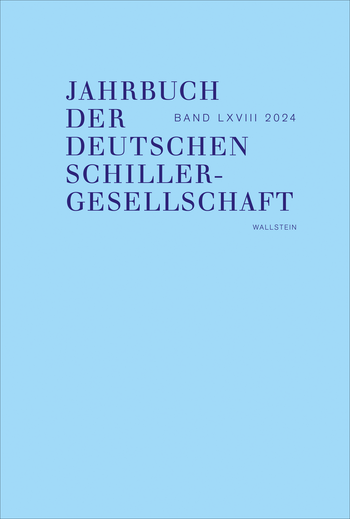

Die punitiven Maßnahmen statuieren die Unbelehrbarkeit der Lachfigur und machen zugleich den Ausnahmezustand sichtbar, in den der Bestrafte durch die Fehlerhaftigkeit seines Verhaltens geraten ist. Insofern kommt Gottscheds Komödienkonzept eine pädagogische Funktion zu, bei der das Unsoziale als das Ergebnis mangelnder Vertrautheit mit der sozialen Norm präsentiert wird. Die vorliegende Untersuchung hat zum Ziel, den anthropologischen Grundlagen der Begrifflichkeit nachzuspüren, die Gottsched zur Beschreibung von sozial und moralisch verwerflichen Verhaltensformen einsetzt.
Gottsched’s theory of comedy is based on the exposition of immoral behavior and the punishment of the non-conforming. The punitive measures imposed on the characters serve to establish them as incorrigible, clarifying the state of emergency into which the punished person has fallen as a result of his behavior. In this respect, Gottsched’s understanding of the genre fullfills a pedagogical function, in which antisociality is framed as the result of a lack of familiarity with social norms. This study aims to trace the anthropological foundations of the terminology that Gottsched uses to describe socially and morally reprehensible forms of behavior.